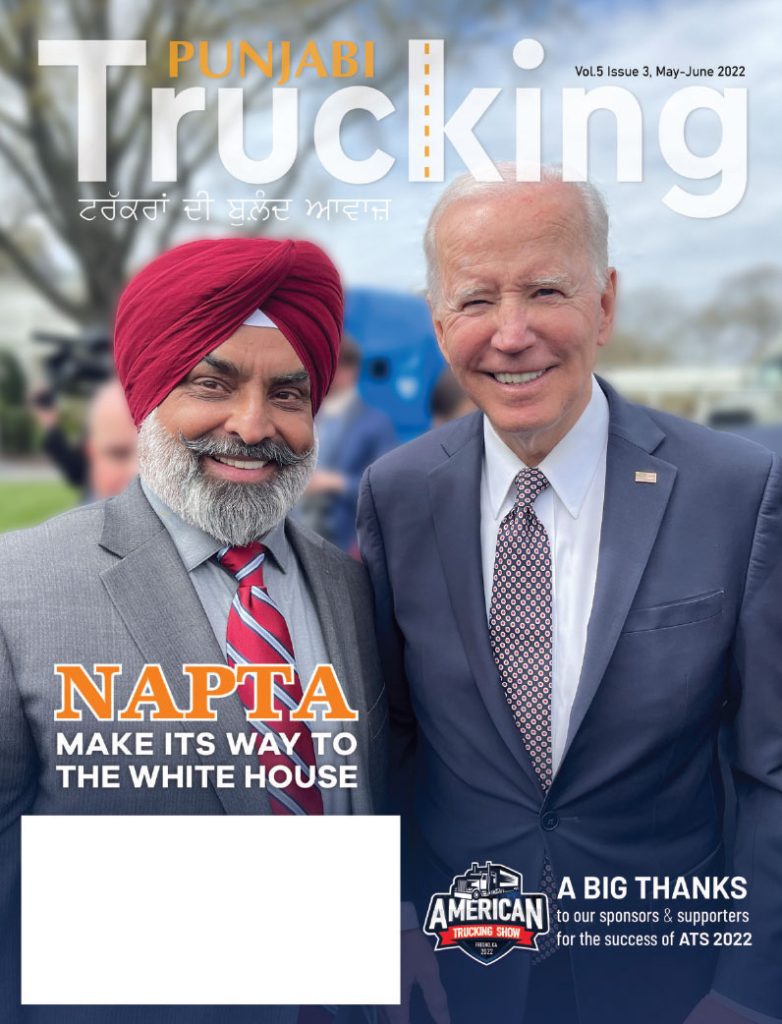A three-judge panel of the U.S. Court of Appeals for the District of Columbia denied a petition by the International Brotherhood of Teamsters and other nonprofit groups about federal hours-of-service (HOS) regulations which were finalized in 2020.
In their challenge, the groups called the HOS rules “arbitrary and capricious” in the areas of record-keeping rules for short-haul truckers and rest break requirements for long-haul drivers. They argued these issues were related to the safety and health of drivers.
The judges denied the petition for review because, they said, the Federal Motor Carrier Safety Administration (FMCSA) HOS rules were sufficiently “explained and grounded in the administrative record” at the time of final approval.”
The panel wrote, “The administration continues to rely on HOS limitations as a linchpin regulatory measure to ensure the safe operation of commercial motor vehicles. Two of those regulations are at issue here: a special record-keeping exemption for short-haul drivers and the requirement that long-haul drivers take a 30-minute break at set intervals.”
FMCSA adapted the break rule to give drivers more flexibility in determining when to take 30-minute rest breaks after eight hours of driving.
The final rule changed the short-haul exception available to certain drivers by lengthening the drivers’ maximum on-duty period from 12 to 14 hours and extending the distance limit from 100 air miles to 150 air miles.
The Teamsters were joined by Advocates for Highway and Auto Safety, Citizens for Reliable and Safe Highways, and Parents Against Tired Truckers in filing the legal challenge. They claimed the FMCSA failed to adequately explain its finding that the short-haul exemption was safety-neutral regarding collision risk and driver health and wouldn’t negatively impact regulatory compliance.
In their petition, the Teamsters submitted evidence from a survey of its members who said they “currently qualify for the short haul exemption and will likely be assigned work that will either increase vehicle miles traveled or be required to perform more non-driving tasks that extend the workday to 14 hours. One individual complained that the current 12-hour workday for short-haul drivers was ‘more than enough and that a 14-hour duty period would deprive him of a ‘family-sustaining lifestyle.’”
Teamsters’ drivers subject to the 30-minute break requirements said that losing the old break rule for short-haul drivers would increase fatigue. Those surveyed said, “In their view, carriers would likely ‘discipline’ them for taking unscheduled breaks when fatigued and would pressure them to increase productivity by requiring them to perform additional on-duty/non-driving tasks.”
In contrast, the appellate court wrote, “While aspects of the administration’s analysis and reasoning leave much to be desired, at the bottom, the administration sufficiently explained and factually justified its conclusions that the new short-haul exemption and the 30-minute break requirement would not adversely affect safety, driver health or regulatory compliance.”
“Because drivers now have 30 more minutes to adjust to unexpected weather, traffic, and detention times, they can take breaks without penalty when they need rest. In addition, drivers could gain more restorative sleep because the elimination of the 30-minute off-duty break could allow drivers to reach their destination earlier,” the court said.



